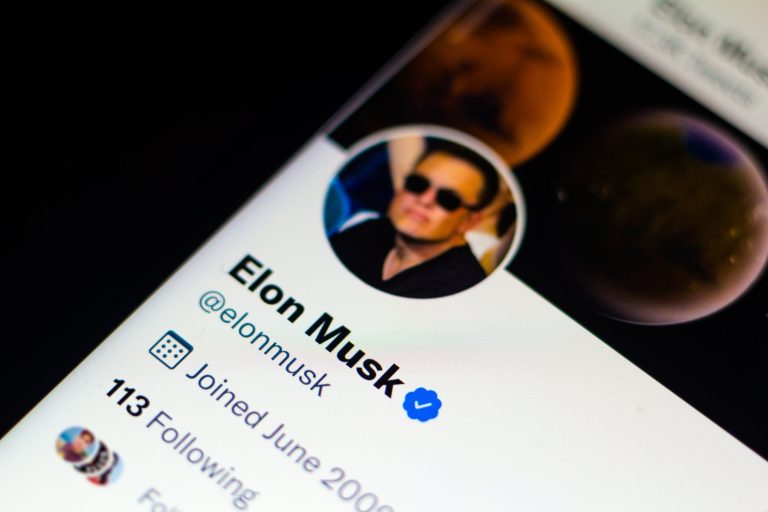As the US navigates its trade relationship with China, one of the most significant players shaping this dynamic is Elon Musk.
With deep business ties to China through Tesla and other ventures, Musk’s influence on the US trade policy could have far-reaching consequences—not just for the US and China but also for India’s economic trajectory.
Musk’s role in US-China relations
Elon Musk’s business empire is intricately connected to China.
Tesla, his electric vehicle giant, relies heavily on Chinese manufacturing and consumer demand, while Musk’s social media platform X is also under scrutiny from the Chinese government.
His deep involvement in both American and Chinese markets makes him an influential figure in shaping future US-China trade relations.
While many business leaders have stakes in China, Musk’s unique position—being both a close advisor to US leadership and a major corporate figure with Chinese interests—may allow him to exert disproportionate influence on US policy toward China.
It’s reported that Musk could even play a role in easing tensions between the two superpowers, potentially through business deals like acquiring TikTok’s US operations to prevent the app’s ban.
India’s fragile position amid trade shifts
India, which has long navigated complex trade relationships with both the US and China, could find itself in an awkward position if Musk’s influence continues to grow.
Musk has been outspoken about India’s high import tariffs, particularly on electric vehicles, which could fuel trade tensions between India and the US.
To attract Musk and other industry leaders, the Indian government recently lowered import duties on electric vehicles from 100% to 15% in 2024, hoping to encourage investment and reduce the economic burden on domestic consumers.
Despite these efforts, Musk’s proximity to US policymakers could reignite trade disputes, especially if US trade policies align more closely with Musk’s views on lowering tariffs on electric vehicles—potentially at the expense of India’s economic interests.
Tariff proposals and their impact
As US President-elect Donald Trump promises aggressive tariff strategies in his second term, the implications for India could be complex.
While tariffs on Chinese goods are expected to benefit countries like India as American companies diversify their supply chains, the broader economic consequences of these measures could still harm India.
The US could impose tariffs on a range of imports, with industries such as steel, pharmaceuticals, and manufacturing likely to see benefits from reduced competition.
However, rising tariffs might lead to inflation, which could squeeze consumer spending and slow down global trade.
Musk’s role here becomes critical.
If US tariffs, influenced by Musk’s lobbying, focus on high-tech sectors like electric vehicles or batteries, India’s emerging electric vehicle market might face additional challenges.
The Indian government’s effort to promote its auto sector could be undermined if the US trade policies align more with Musk’s preferences, putting India’s economic growth at risk.
The ripple effect of US-China tensions
Musk’s influence on US-China trade could also contribute to larger shifts in global trade dynamics.
If tariffs between the US and China escalate or remain in place for an extended period, it could lead to a reordering of supply chains that could leave India at a disadvantage.
American companies may increasingly shift their manufacturing away from China, but the ability of countries like India to absorb this shift remains uncertain.
Further complicating the matter is the COVID-19 pandemic, which accelerated the global trend of businesses seeking alternatives to China-based supply chains.
This factor, combined with Musk’s interest in smoothing over US-China relations, could lead to a reduced focus on India as a viable manufacturing hub.
Will Musk’s influence continue to grow?
While Musk’s role in US-China trade policy is becoming more evident, it’s not without its complications.
Despite Musk’s close relationship with Trump, there have been instances where Musk’s preferred candidates and policies have not been fully embraced by the administration.
For example, Musk backed Howard Lutnick for Treasury Secretary, but Trump ultimately chose Scott Bessent, a figure less aligned with Musk’s views.
This unpredictability in Musk’s influence over US trade policy means that while India faces potential challenges, the situation remains fluid.
The ongoing developments in US-China relations, coupled with Musk’s direct involvement, will likely continue to shape global trade dynamics in unpredictable ways—especially for countries like India, which are navigating their trade policies with the US and China.
The post Could Elon Musk’s influence on US-China trade policy harm India’s economic growth? appeared first on Invezz

